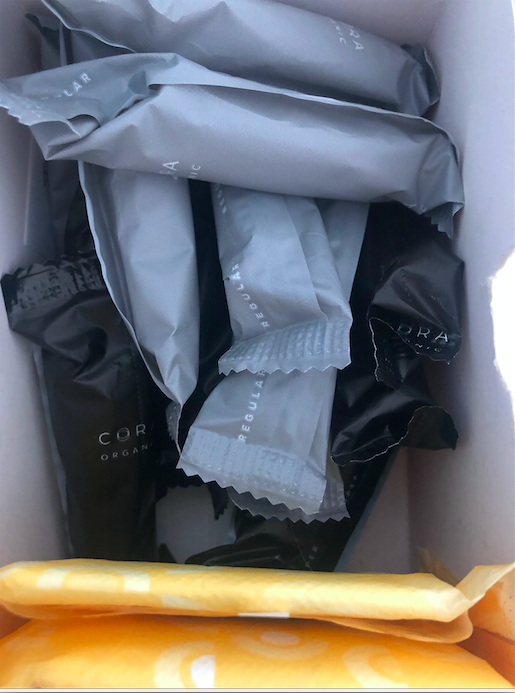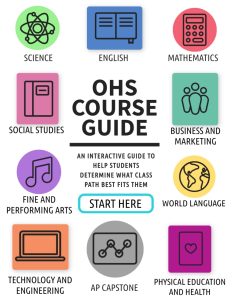The Pink Tax Bleeds Red
Pads, liners, and tampons are still taxable products in several states and multiple countries.
April 10, 2020
Kenzie Taylor
Editor in Chief
Everyone purchases hygiene products, and it is assumed that all basic necessities are treated as such in terms of taxes. Even products such as castor oil and arch insoles make an appearance on the list of tax-exempt items. Unfortunately, however, women’s menstrual products including pads, tampons, menstrual cups and liners still haven’t made the cut in all fifty states.
Riddle me this: bandaids are tax-exempt, yet 32 states are still taxing women on products to help regulate a routine, unavoidable bodily function. Aren’t both of these products made to stop bleeding?
“It is a hard concept to grasp\; I simply don’t understand how there are numerous countries and states that still tax these products. It’s really upsetting\; I am glad Minnesota isn’t one of them,” senior Audrey Rodewald said.
It is estimated that a woman will spend roughly $3000 on tampons and sanitary pads over the course of her life. This results in millions of dollars being collected for what is known as “tampon tax”, yet items like dandruff shampoo and lip balm are often exempted from tax as they are considered “medical appliances” or “necessities”.
Women in the United States, Europe and Australia protested these taxes in 2015 and 2016 and through their efforts to increase the awareness on this topic, they were successful at getting the tax eliminated or reduced in several US cities and States, Canada and France.
These women filed class-action suits contending that state taxes on feminine hygiene products were unconstitutional and in New York, Illinois and California, these taxes were eliminated. Canada followed suit. Former President Barack Obama even supported the issue stating that the reason the tax existed was because men were the ones involved in debating the issue and passing the laws and that they were unaware, or unconcerned with the fact that these products are a need, not a want.
Many feminists have also actively done their part to raise awareness of the issue. A woman ran the London Marathon while having her period, without a tampon or pad, introducing the world to free bleeding. Several women have used social media to create awareness, using hashtags like #periodsarenotaninsult after Donald Trump made a comment to debate moderator Megyn Kelly.
In addition to the use of social media, several campaigns were started including The Period Projects. This was a campaign that leveraged real women’s ideas for how to talk about periods. Several fundraisers such as Support the Girls in Washington DC and Girls Helping Girls. Period. Have also been popping up to raise funds to give away feminine products. Girls Helping Girls was founded by two teenagers. Their motto is “Because personal hygiene should not be a luxury. Period.” They work to provide a years worth of products to those in need
“I can’t imagine paying tax for a product I absolutely need; there isn’t an equivalent product that men require so it seems really unfair,” senior Logan Rodewald said.
Viagra and condoms stand clear of the taxable products list\; which is nothing short of sexist. Gender-specific products should be equal across the board. Why do middle-aged white males determine what women technically require and what we don’t? As if they have any first hand experience with buying viagra and paying tax.
Below is an updated list of the remaining states who tax women’s menstrual products. On marieclaire.com, there are direct links to sign a legal declaration to remove it, if interested.
Alabama, Arizona, Arkansas, California, Colorado, Georgia, Hawaii, Idaho, Indiana, Iowa, Kansas, Kentucky, Louisiana, Maine, Michigan, Mississippi, Missouri, Nebraska, New Mexico, North Carolina, North Dakota, Oklahoma, South Carolina, South Dakota, Tennessee, Texas, Vermont, Virginia, Washington, West Virginia, Wisconsin and Wyoming.





























































